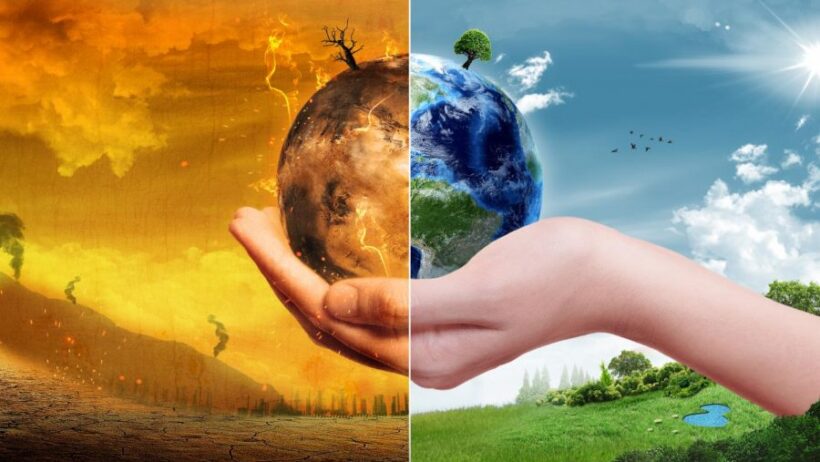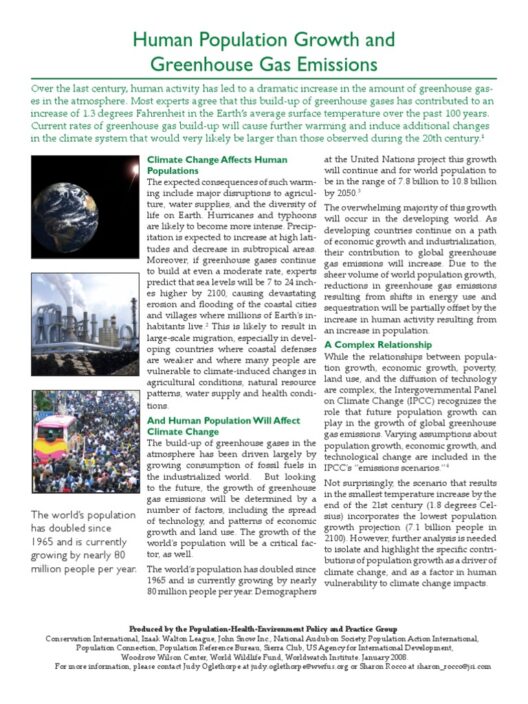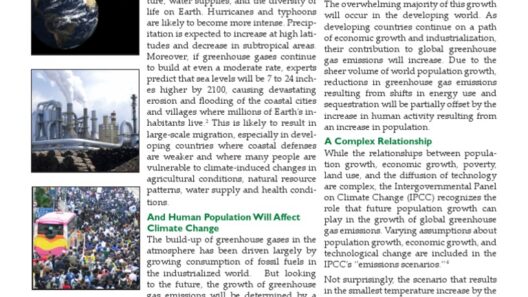Global warming is a pressing issue that has captured the collective consciousness of humanity. As temperatures rise and climatological patterns shift, one common observation emerges: individuals often feel powerless in the face of such a monumental challenge. However, the truth is that individual actions, no matter how small, can ripple through society, creating significant waves of change. This article delves into how one person can effectively contribute to the battle against global warming and highlights the profound impact that individual agency holds.
The interconnectedness of our modern world elucidates the power of individual actions. Every choice, from the food we consume to the modes of transportation we employ, carries implications for the global climate. By adopting environmentally responsible habits, a single person can contribute to reducing greenhouse gas emissions and fostering sustainable practices. This article explores various avenues through which personal actions can culminate in far-reaching effects.
To begin with, consider the principle of consumption. As consumers, our choices dictate markets. By opting for local produce or sustainable products, individuals support environmentally-friendly business practices. Eating less meat, particularly beef, directly correlates with reduced methane emissions and lower resource depletion. This dietary shift is not merely personal; it reverberates through agricultural demand and influences farming methods. Each meal underscores an opportunity to impact the environment positively.
Moreover, energy consumption is another integral area where individuals can wield influence. Making conscious decisions to conserve energy at home can significantly mitigate one’s carbon footprint. Simple actions, such as switching off unnecessary electrical appliances, using energy-efficient bulbs, or investing in renewable energy sources like solar panels, collectively contribute to a decrease in fossil fuel reliance. This transition to renewable energy is imperative for combating global warming.
Transportation is yet another domain where individual choices manifest profound environmental consequences. In a world heavily reliant on fossil fuels, the shift to alternative transport methods is crucial. Individuals can reduce their carbon emissions by walking, cycling, using public transit, or carpooling. Every car not on the road diminishes air pollution and contributes to cleaner cities. Furthermore, advocating for better infrastructure for non-motorized transport creates an impetus for broader societal change.
While personal choices lay the groundwork, activism amplifies individual voices. Engaging in local community initiatives or environmental organizations can catalyze larger movements. Volunteering for tree-planting drives, participating in clean-up events, or supporting wildlife conservation efforts fosters a sense of communal responsibility. These collective actions garner attention and inspire others, creating a culture of stewardship. Simply sharing knowledge about sustainable practices within one’s social circles can initiate conversations that influence more extensive behavioral shifts.
Additionally, advocating for policy changes at local, national, or even global levels is a potent avenue for individuals to effect change. Educating oneself about environmental policies and actively participating in democratic processes, such as voting or contacting elected representatives, empowers citizens to demand accountability. Individuals can champion legislation that prioritizes renewable energy, carbon emissions reduction, and sustainable infrastructure. Advocacy is the bridge between personal action and systemic transformation.
Despite these identified methods, skepticism often surfaces regarding the efficacy of individual efforts against an aggregated global crisis. The enormity of climate change can foster a sense of despair or futility. However, history attests to the remarkable influence of grassroots movements. The collective action of informed citizens can alter corporate practices and even mandate governmental policies. This historical recognition serves as motivation; every significant movement has been sparked by the actions of dedicated individuals who believed change was possible.
It is essential, however, to recognize the emotional landscape intertwined with environmental activism. Many individuals find themselves grappling with eco-anxiety—a sense of dread about the future of the planet. Acknowledging this emotional burden is crucial. Finding community and camaraderie with those who share this concern can foster resilience. The knowledge that a critical mass of people cares about climate change emboldens individuals to persist in their efforts, fostering a sense of belonging and purpose.
Additionally, education remains a cornerstone for individual empowerment. Understanding the science behind climate change—its drivers, its consequences, and potential solutions—equips individuals with the knowledge they need to make informed choices and advocate effectively. Educational resources, workshops, and seminars serve as platforms for knowledge dissemination, further amplifying the impact individuals can have on their communities and beyond.
In summary, the question of how one person can make a difference in global warming is multi-faceted. Each individual’s decisions regarding consumption, energy use, transportation, and advocacy form an intricate web of influence that can spur collective action. While the limitations of singular efforts are apparent, history teaches that individual resolve, when multiplied by thousands or millions, yields palpable change. Climate change is a collaborative challenge that necessitates a shared commitment to sustainable practices. Each action—in dietary choices, energy use, community engagement, or policy advocacy—contributes to a larger tapestry of resistance against global warming. Your choices and actions matter; they can ignite change. And thus, the power of you is significant and potent in the fight against climate change.







